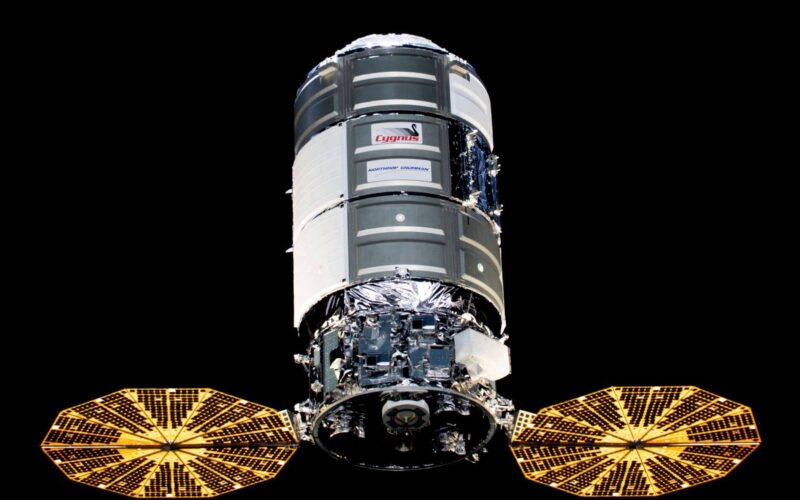The Cygnus spacecraft has finished its mission, successfully boosting the orbit of the International Space Station (ISS).
According to NASA, the Cygnus detached from the ISS and headed to burn up in the atmosphere on June 28, 2022, after four months in orbit.
Just prior to the departure, on June 25, the spacecraft completed a 301-second burn, boosting the ISS to a slightly higher orbit.
According to Northrop Grumman, the manufacturer of the Cygnus, the spacecraft demonstrated the capability to perform this role and will be used for such tasks in the future.
The ISS flies in an orbit where it experiences some drag from the atmosphere and requires a boost every year or two. It has previously been boosted by the Russia’s Zvezda Service Module or its Progress spacecraft.
In March 2022, Dmitry Rogozin, head of Russian space agency Roskosmos, warned that the agency would no longer cooperate with Western space agencies if sanctions enforced following Russia’s invasion of Ukraine were not lifted.
According to Rogozin, Russia could stop boosting the ISS, causing it to fall and possibly impacting populated areas.

